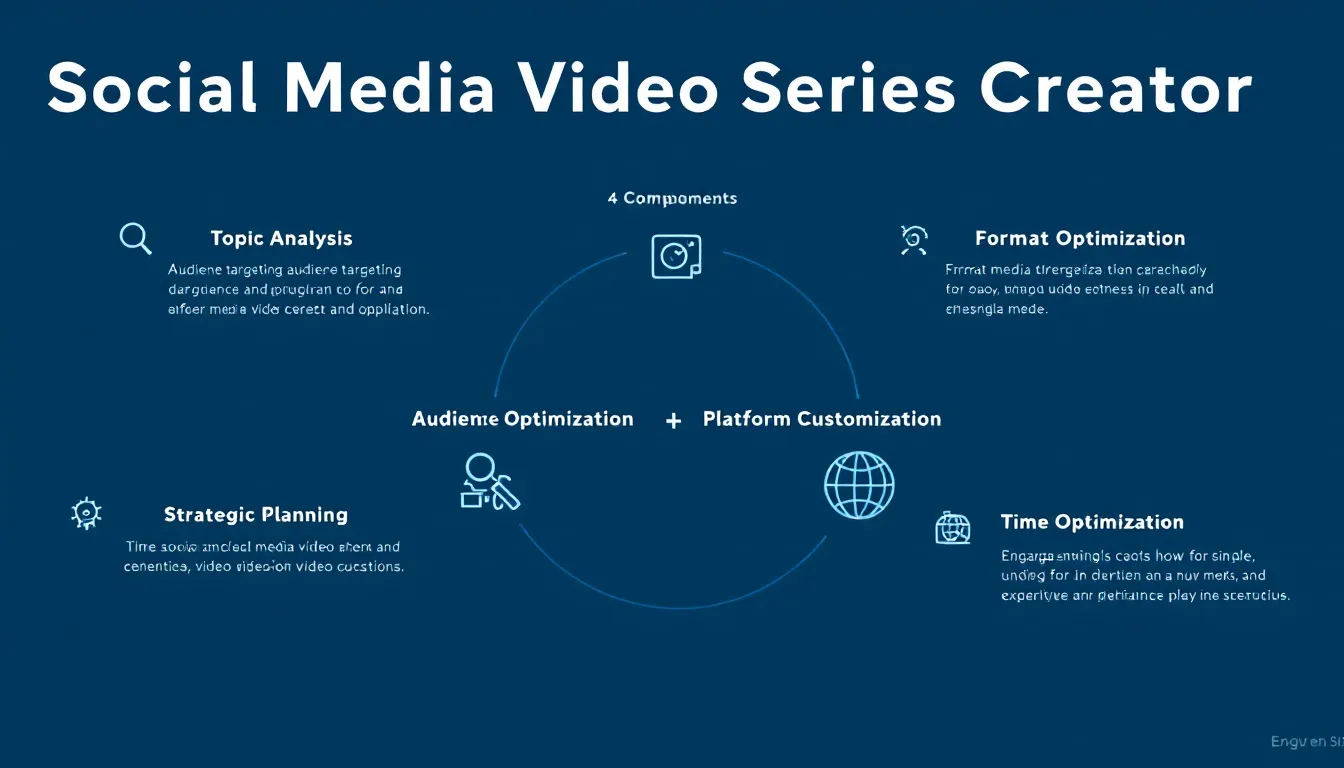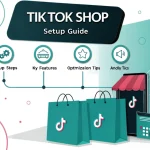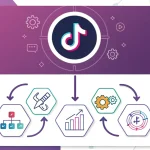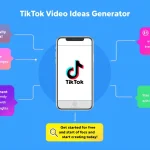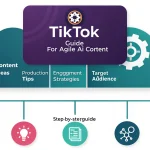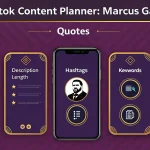Is this tool helpful?
How to Use the Social Media Video Series Brainstorming Tool Effectively
To generate creative and engaging ideas for your educational social media video series, follow these simple steps:
- Enter your main topic or theme in the first field (e.g., “Digital Marketing Basics” or “Personal Finance Management”)
- Specify your target audience (e.g., “Small Business Owners” or “Recent College Graduates”)
- Input your preferred video format (e.g., “Quick Tips” or “Step-by-Step Tutorials”)
- Select your intended social media platforms (e.g., “LinkedIn and YouTube” or “Instagram Reels and TikTok”)
Understanding the Social Media Video Series Brainstorming Tool
This innovative brainstorming tool is designed to help content creators, educators, and business professionals develop structured, engaging video series concepts that effectively teach practical skills and knowledge. The tool combines audience targeting, content formatting, and platform optimization to generate comprehensive video series ideas tailored to your specific educational goals.
Core Components of the Tool
- Topic Analysis: Breaks down complex subjects into teachable segments
- Audience Targeting: Aligns content with viewer needs and preferences
- Format Optimization: Suggests effective presentation styles
- Platform Customization: Adapts ideas to platform-specific requirements
Benefits of Using the Video Series Brainstorming Tool
Strategic Content Planning
- Streamlined ideation process
- Structured content organization
- Audience-centric approach
- Platform-optimized suggestions
Time and Resource Optimization
- Reduced planning time
- Focused content development
- Efficient series structuring
- Clear implementation roadmap
Enhanced Engagement Potential
- Targeted viewer connection
- Platform-specific optimization
- Format effectiveness
- Series continuity planning
Addressing Content Creator Needs
Content Strategy Development
The tool addresses the common challenge of developing cohesive, educational video series by providing structured recommendations based on:
- Topic segmentation for optimal learning
- Audience engagement patterns
- Platform-specific best practices
- Format effectiveness analysis
Implementation Framework
Content creators receive actionable suggestions for:
- Series structure and flow
- Episode sequencing
- Content delivery methods
- Platform-specific adaptations
Practical Applications and Examples
Example 1: Professional Skills Development
Input:
- Topic: Public Speaking Skills
- Target Audience: Corporate Professionals
- Format: Mini-Lessons
- Platforms: LinkedIn and YouTube
Generated Series Structure:
- Episode 1: Foundational Body Language Tips
- Episode 2: Voice Modulation Techniques
- Episode 3: Audience Engagement Strategies
- Episode 4: Presentation Structure Mastery
- Episode 5: Handling Q&A Sessions
Example 2: Creative Skills Education
Input:
- Topic: Digital Photography Basics
- Target Audience: Hobby Photographers
- Format: Tutorial Series
- Platforms: Instagram and TikTok
Generated Series Structure:
- Episode 1: Understanding Your Camera Settings
- Episode 2: Composition Principles
- Episode 3: Lighting Techniques
- Episode 4: Basic Photo Editing
- Episode 5: Creating a Photography Portfolio
Frequently Asked Questions (FAQ)
How many episodes should my video series include?
The ideal number of episodes depends on your topic complexity and audience engagement patterns. Most successful educational series contain 5-10 episodes per season or theme.
What video length works best for educational content?
Optimal video length varies by platform: 60 seconds for TikTok/Instagram Reels, 3-5 minutes for YouTube Shorts, and 7-15 minutes for standard YouTube tutorials.
Should I create different content for each platform?
Yes, adapting content format and presentation style to each platform’s unique characteristics and audience preferences maximizes engagement and learning effectiveness.
How can I ensure my educational content is engaging?
Focus on clear learning objectives, incorporate visual demonstrations, use real-world examples, and maintain a consistent teaching style throughout the series.
What’s the best way to structure individual episodes?
Each episode should include a clear introduction, main teaching points, practical demonstration or example, and a clear call-to-action or summary of key takeaways.
How often should I post new episodes?
Maintain a consistent posting schedule, typically weekly or bi-weekly, to build audience anticipation and maintain engagement throughout the series.
Can I repurpose my video content across different platforms?
Yes, but ensure you optimize the format, duration, and presentation style for each platform’s specific requirements and audience preferences.
How do I measure the success of my educational video series?
Track engagement metrics such as view duration, completion rates, comments, shares, and implementation feedback from your audience.
Important Disclaimer
The calculations, results, and content provided by our tools are not guaranteed to be accurate, complete, or reliable. Users are responsible for verifying and interpreting the results. Our content and tools may contain errors, biases, or inconsistencies. We reserve the right to save inputs and outputs from our tools for the purposes of error debugging, bias identification, and performance improvement. External companies providing AI models used in our tools may also save and process data in accordance with their own policies. By using our tools, you consent to this data collection and processing. We reserve the right to limit the usage of our tools based on current usability factors. By using our tools, you acknowledge that you have read, understood, and agreed to this disclaimer. You accept the inherent risks and limitations associated with the use of our tools and services.
